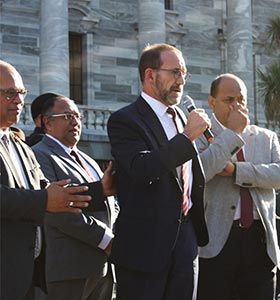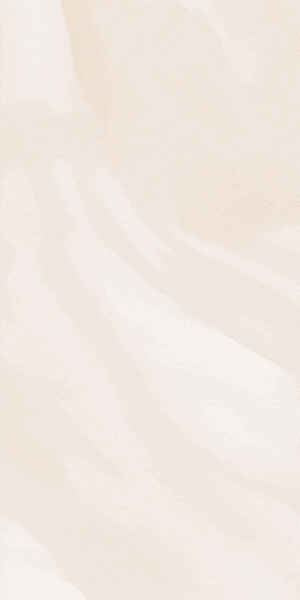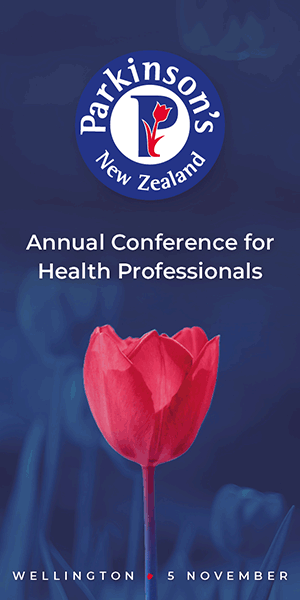District health board (DHB) nurses have had enough, when it comes to working conditions.
They’ve faced continual heavy workloads; unsafe nursing practices where the level of resourcing becomes perilous; pay that doesn’t recognise the knowledge, skills and responsibilities that many nurses hold; and all this topped off with the personally challenging demands of rostered and rotating work.
Many nurses are voting with their feet and walking away from the profession, as they’re no longer able to endure workplaces where they feel neither acknowledged nor respected, let alone adequately recompensed.
In contrast to the comparatively timid responses of nurses and their leaders in 2018 and 2019, support for decisive action has been overwhelming in 2021.
Why have nurses’ attitudes and determination changed so much?

When DHB nurses rejected the latest multi-employer collective agreement (MECA) offer, Health Minister Andrew Little pointed the finger, claiming the NZNO negotiating team was at fault. However, the reason why members have not ratified the latest offer is that they are tired of being dismissed with nebulous words that neither hold the DHBs to account on safe staffing nor give them any confidence that the Government understands why nurses are asking for changes.
It’s vital to our profession’s future growth that we think about the causes and effects of nurses’ heartfelt job dissatisfaction.
It’s tempting to write searing commentary about the length of time that it’s taken nurses to become “woke” and realise the price to be paid if dedication and innocence overrule clear, substantiated thinking.
Nurses are sick to death of DHB management failing to recognise and appreciate the contributions they make to the health of the nation and this has undermined our morale.
More than ever, nurses need to be objective and analyse our way out of oppressive practices that serve no one.
Nursing is a predominantly female profession, so it is hardly surprising that male-dominated and designed health systems have affected our ability to recognise our strength in numbers.
No other health professional is at the DHB/patient interface like we are.
Having continuing patient proximity places us in a privileged position of knowing the patient and their whānau better.
Yet our voice, on behalf of those vulnerable patients, has not been clearly articulated or heard. If our voice had been heard, then staffing quality and numbers would have been improved to ensure patient safety.
An obvious example would be the effectiveness of care capacity demand management (CCDM). In the 2018 negotiations, DHBs were charged with fully implementing CCDM by July 2021. This has not happened, with a number of DHBs hardly off the starting blocks. And just because a system is meant to be implemented doesn’t mean it is effective.
Some of the 23 databases meant to be collected shed light on patterns of staff behaviour – illness, annual leave, shifts below (baseline) target and more but it hasn’t stopped the haemorrhaging of staff. There are now constant stories of understaffing (backed up by the nationally disparate levels of CCDM data).
For example, consider a morbidly obese patient who has not been bathed in weeks because it takes five nurses to transfer him from his bed to a bath using the right equipment. There are usually only three nurses – two nurses and a charge nurse – on the shift, with 15 patients needing complex cares in that ward. This patient has had piecemeal washes but they are inadequate. The nurses are uncomfortable but feel helpless. There are virtually no casual staff to call on and the duty managers are too stretched to offer much assistance beyond advice and reassurance.
The patient has strained relations with his family – who rarely visit – so is mainly alone and is not seeking change.
How can this situation be improved?
There are a number of factors contributing to nurses’ discontent. DHBs and the Safe Staffing Healthy Workplaces Unit (SSHW) have tried to produce “essential care” guidelines. However NZNO legal opinion does not support the document as it places too much risk on individual nurses trying to prioritise and ration care when faced with wholly inadequate levels of staffing combined with high patient acuity.
Who does hold the ultimate responsibility for what happens at the clinical interface – the Government through available resourcing? The DHB’s board, whose chair, vice-chair, and two of the 11 members, are government appointees? Or is it the executive leadership team?
Whatever happened to the medical staff’s responsibility in running DHBs?
Their absence at CCDM governance discussions is obvious. A DHB’s response on medical staff responsibility when the hospital was in code red or code black was that they would come if needed.
Nurses seem to have gradually taken over the running of hospitals, yet still struggle to be heard at executive leadership meetings, let alone at the DHB board, its political fulcrum.
It was over five years ago that many directors of nursing lost line management responsibilities for staff. It was decided (despite NZNO submissions) that these directors would just be responsible for staff professional development, which means they are not at the executive table to debate numbers and quality of nursing staff. These structural changes do not augur well for nursing’s professional recognition. Even in the face of CCDM full-time equivalent calculations, some chief executives have postponed the hiring of nurses needed to reach baseline levels. And, given the dearth of nurses willing and/or available for recruitment to those to-be-approved-and-funded positions, a vicious cycle has been established.
The 93 per cent female profession has been ignored and abused for too long. The goodwill of nurses is stretched to breaking point. It is the broken systems, with inherently disrespectful attitudes and practices, that have caused nurses to declare they have had enough. They are expressing their anger and disenchantment with being taken for granted. For holding the fort. For being “so dedicated” to their vocation. For being told what to do in the face of increased risk and in dealing with patients’ broken bodies and/or broken minds.
Now is the time to stand tall and stand strong. Nurses are finally waking up to the political realities of needing an effective voice.






